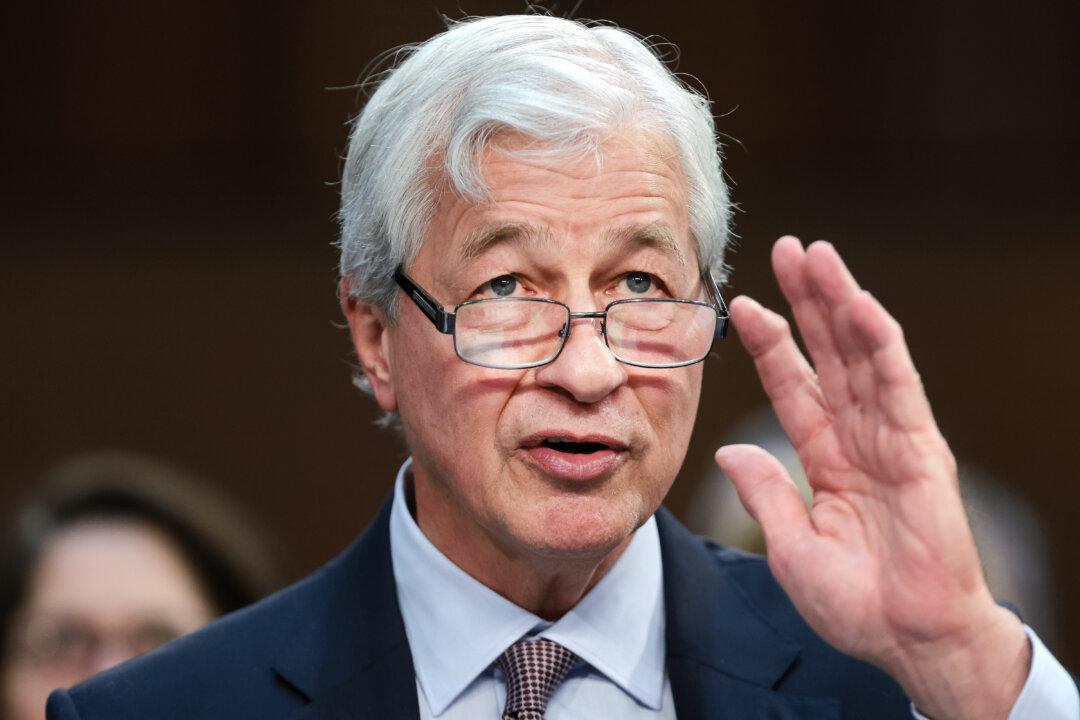JPMorgan CEO Jamie Dimon issued a stark warning about the U.S. economy, saying that the risks confronting Americans today may well be the worst since World War II, while cautioning of downside risks that may dash market expectations for an economic “soft landing.”
Mr. Dimon made the remarks in his annual letter to shareholders, in which he said that investors may be overlooking risks as they navigate a complex and dangerous world.





